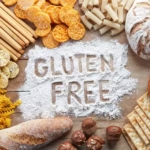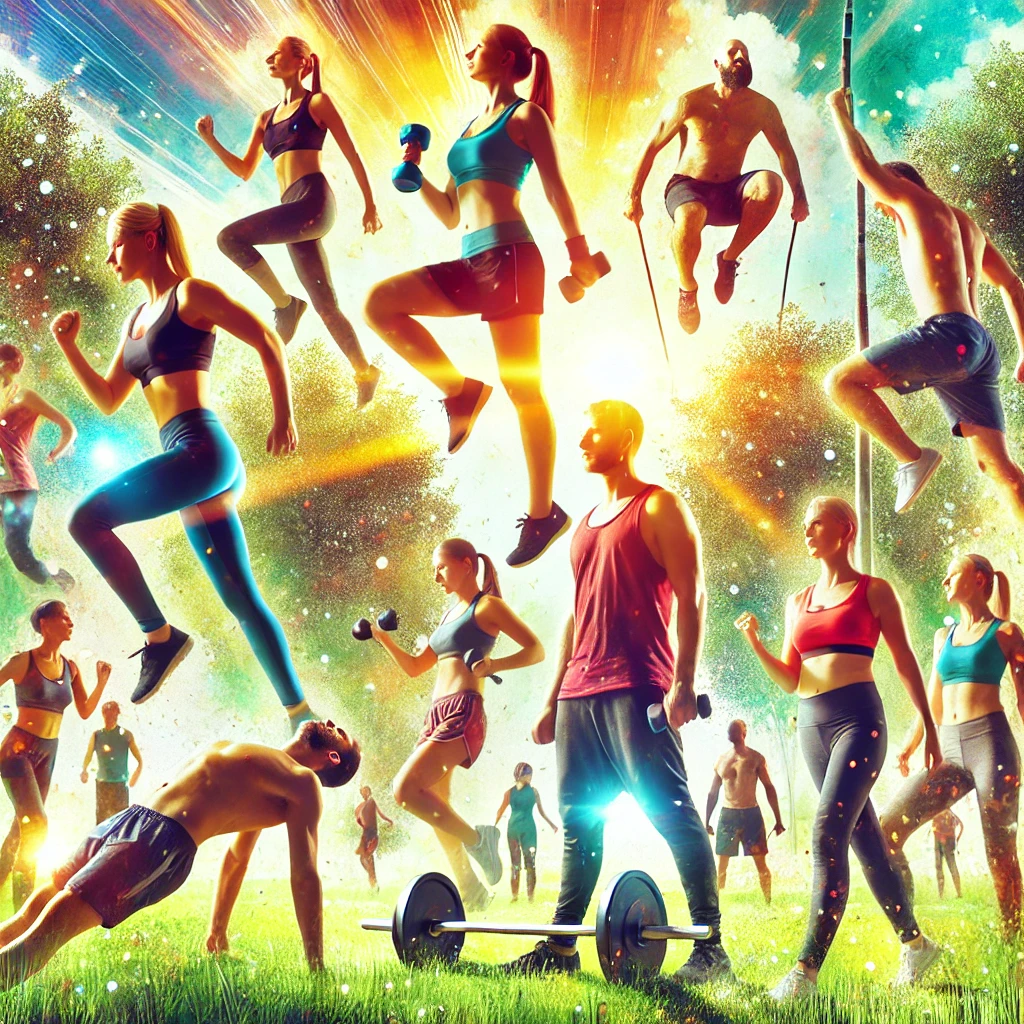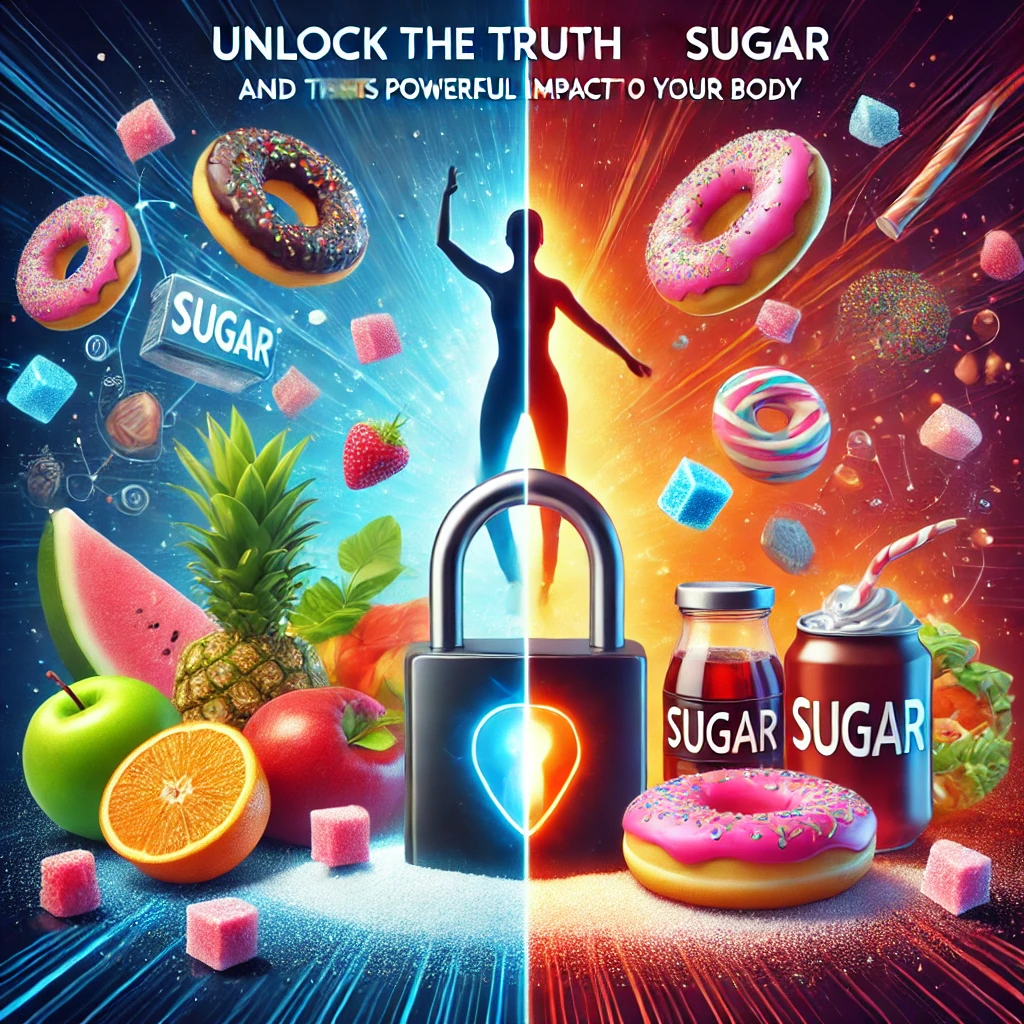Introduction to Health Myths and Misinformation
In today’s world, we are constantly bombarded with health advice from all directions—whether it’s from social media, friends, or even viral trends. Unfortunately, not all of this advice is accurate. Health myths, which are misconceptions or false beliefs about health and wellness, are widespread and often influence the choices people make. Some myths may seem harmless, but others can lead to poor health outcomes or even put lives at risk. Understanding why these myths persist and learning how to rely on credible sources is essential to protecting your health and well-being.
Table of Contents
The Role of Health Myths in Shaping Public Perception
Health myths have a powerful impact on the decisions people make. From skipping vaccines due to fear of autism to following restrictive fad diets that promise miracle cures, myths can dictate our behavior in damaging ways. These misconceptions are often deeply embedded in public consciousness, shaping how people view medicine, nutrition, and overall health. For instance, the myth that “vaccines cause autism” has caused a resurgence of diseases like measles, which had previously been nearly eradicated.
Case Study: The Vaccine-Autism Myth
The vaccine-autism myth originated from a fraudulent 1998 study that claimed a connection between the MMR vaccine and autism. Despite being thoroughly debunked, this myth has lingered in the public imagination, leading to vaccine hesitancy and a rise in preventable diseases. This highlights how potent misinformation can be when it becomes entrenched in popular culture.
Why Do Health Myths Spread?
Understanding the mechanisms behind the spread of health myths is key to combating them.
Social Media’s Role in Spreading Health Myths
One of the biggest reasons for the rapid spread of health myths today is social media. Platforms like Facebook, TikTok, and YouTube allow anyone to share content, regardless of its accuracy. Eye-catching headlines, dramatic claims, and viral misinformation can reach millions in a matter of hours, making it difficult for legitimate sources to keep up.
Misinterpretation of Scientific Studies
Another factor contributing to health myths is the misinterpretation of scientific studies. Sometimes, the media sensationalizes preliminary findings, presenting them as conclusive when they are not. As a result, people may adopt these early findings as truth, even though further research may disprove them.
Cognitive Biases and Confirmation Bias
Cognitive biases, such as confirmation bias, also play a significant role. People tend to believe information that aligns with their preexisting beliefs. If someone is already skeptical of conventional medicine, they are more likely to accept a health myth that reinforces their doubts, even when presented with contradictory evidence.
Popular Health Myths That Won’t Go Away

Despite advances in medical science, many health myths continue to circulate.
You Need 8 Glasses of Water a Day
This common myth suggests that everyone needs to drink eight glasses of water daily for optimal health. However, there is no one-size-fits-all rule for hydration. Your water intake needs vary based on factors like activity level, climate, and diet.
Vaccines Cause Autism
As mentioned earlier, this myth has been thoroughly debunked. Numerous studies have shown no link between vaccines and autism, yet this misconception continues to cause fear and hesitation about vaccinations.
Detox Diets Cleanse Your Body
Detox diets, which often claim to cleanse the body of toxins, have become trendy. However, the body already has organs—like the liver and kidneys—designed to filter out toxins naturally, making these diets unnecessary and potentially harmful.
Cracking Knuckles Causes Arthritis
Many people believe that cracking your knuckles leads to arthritis later in life, but there’s no scientific evidence to support this. While it may be annoying to some, it’s generally harmless.
Starving a Fever or Feeding a Cold
The idea that you should “starve a fever and feed a cold” is another long-standing myth. In reality, staying properly nourished and hydrated is important regardless of whether you have a cold or fever.
Debunking Popular Health Myths

Let’s break down some of the most common health myths and what the science says.
The Truth About Water Intake
While water is essential, the idea of needing eight glasses a day is misleading. Factors like body size, exercise, and environment influence how much water you actually need. Instead of focusing on a specific number, drink when you’re thirsty.
Vaccines and Autism: What the Research Actually Says
Extensive research involving millions of children across the globe has confirmed that vaccines do not cause autism. The single study that claimed a connection was fraudulent and has since been retracted.
Detox Diets: Myths vs. Reality
Detox diets are unnecessary because the human body is incredibly efficient at detoxifying itself. Instead of relying on extreme diets, focus on a balanced diet rich in fruits, vegetables, and whole grains for long-term health.
The Facts About Cracking Knuckles and Arthritis
Research shows no connection between cracking knuckles and arthritis. The sound comes from the release of gas bubbles in the joint fluid and does not cause joint damage.
Fever and Cold: What Works and What Doesn’t
There’s no need to starve or feed a specific illness. Instead, focus on eating nutritious foods and drinking plenty of fluids. Both a cold and fever require proper nourishment to help the body heal.
Recognizing Reliable Health Sources
To combat health myths, it’s crucial to know how to evaluate health information.
Evaluating Scientific Studies
Not all studies are created equal. Look for peer-reviewed research published in reputable journals, and be wary of studies with small sample sizes or those that haven’t been replicated.
Trusted Health Organizations and Websites
Stick to well-known organizations like the World Health Organization (WHO), the Centers for Disease Control and Prevention (CDC), or your country’s national health services for reliable health information.
Red Flags of Misinformation
Beware of health articles that use sensationalist language, lack sources, or promise miracle cures. If it sounds too good to be true, it probably is.
Building Health Literacy in the Digital Age
In a world full of misinformation, improving health literacy is more important than ever.
Teaching Critical Thinking Skills for Health
Critical thinking helps you question and evaluate the validity of health claims. Always ask, “What is the evidence?” before accepting health advice.
Encouraging Conversations with Health Professionals
When in doubt, ask a doctor or healthcare professional. They can help clarify confusing health information and give personalized advice.
The Role of Schools and Public Health Campaigns
Education systems and public health campaigns play a key role in promoting health literacy. Ensuring that people understand basic health concepts can help prevent the spread of myths.
Consequences of Believing in False Health Information

Believing in health myths can have serious consequences.
Delayed or Avoided Treatment
Misinformation can lead to delayed or avoided treatment, worsening health conditions. For example, those who believe that cancer can be cured by alternative therapies may miss critical windows for treatment.
Risk of Harmful Self-Treatment
Some health myths encourage people to self-treat in dangerous ways, such as using unproven supplements or following extreme diets. This can result in unintended harm to the body.
Impact on Public Health and Society
Widespread belief in health myths can also hurt society as a whole, as seen with vaccine hesitancy. This not only puts individuals at risk but can also lead to public health crises, such as outbreaks of preventable diseases.
Strategies for Fighting Health Misinformation
There are ways we can fight back against health misinformation.
Correcting Misinformation on Social Media
If you come across health misinformation on social media, don’t just ignore it—correct it. Share reliable sources and debunk myths to help others see the truth.
Encouraging Open Conversations with Experts
Encouraging discussions between the public and healthcare professionals can bridge the gap between misinformation and evidence-based knowledge.
Role of Health Professionals in Spreading Accurate Information
Doctors, nurses, and other health professionals play a vital role in combating myths by providing clear, accurate information to patients.
Conclusion
In conclusion, while health myths may be persistent, they are not invincible. By relying on credible sources, questioning dubious claims, and promoting health literacy, we can break the cycle of misinformation. It’s essential to base health decisions on science, not on myths, ensuring that you and those around you can live healthier, safer lives.
Frequently Asked Questions
What should I do if I find conflicting health advice online?
It’s important to cross-check with reputable sources, such as government health agencies, medical journals, or your doctor.
How can I know if a health source is trustworthy?
Look for peer-reviewed studies, clear references to scientific data, and content from well-known health organizations.
Are there any signs that an article might be promoting a health myth?
Yes, be cautious of sensationalist claims, promises of instant cures, or a lack of credible references.
Why are health myths so persistent despite scientific advances?
Cognitive biases, social media, and misinformation campaigns contribute to the spread of health myths, making them hard to dispel.
How can social media users help stop the spread of health misinformation?
By sharing credible sources, correcting false information, and engaging with health experts online, users can contribute to a more informed community.










